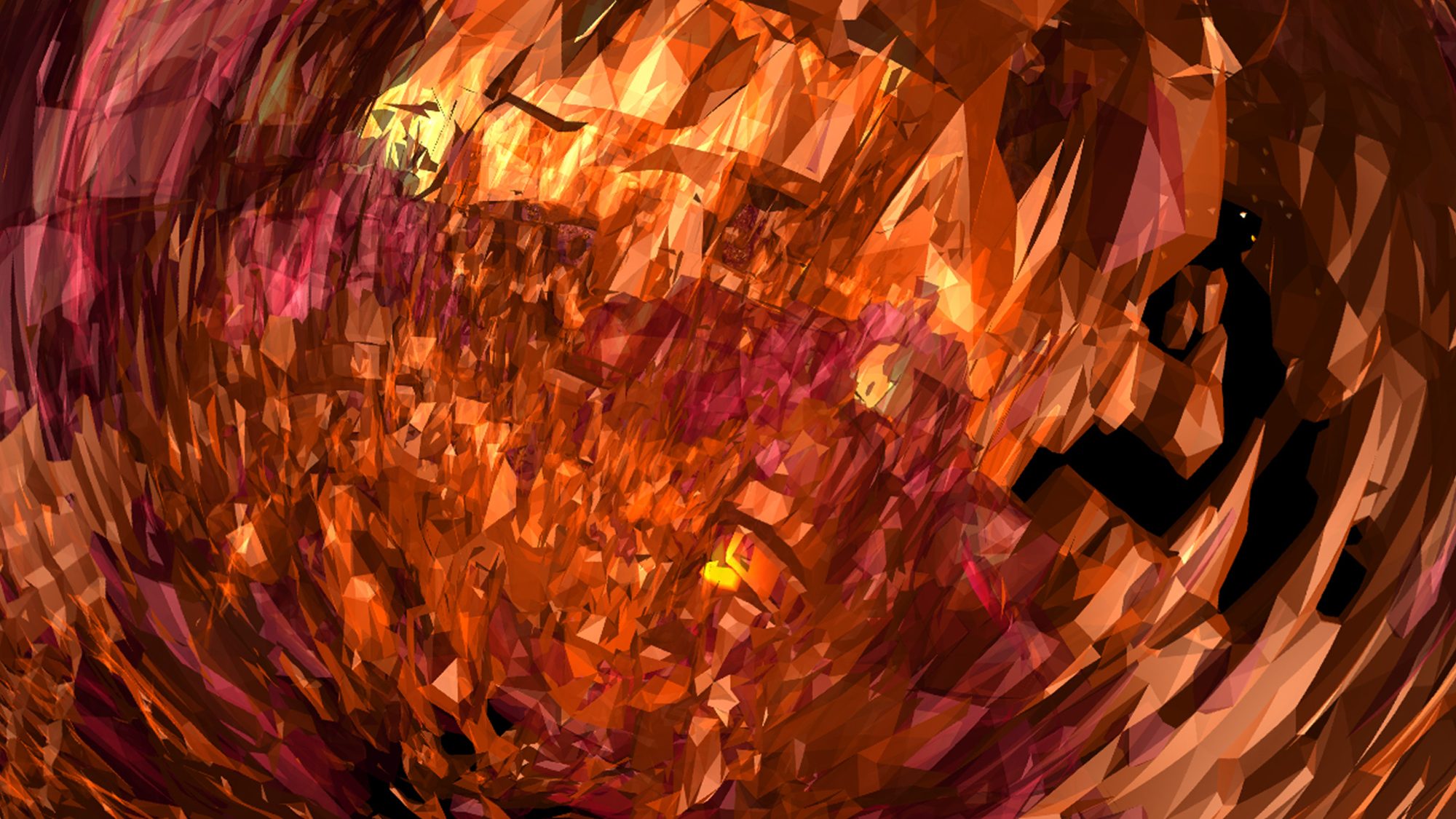The National Art School, Sydney, is pleased to host the 8th Transdisciplinary Imaging Conference at the intersections of Art, Science and Culture, centred on The Material Image. The conference series was initiated in 2010 by Honorary Professor Paul Thomas and co-chaired with Professor Su Baker in collaboration with Artspace, Sydney, Australia. The Transdisciplinary Imaging Conferences explore the intersections of art, science, and culture within image discourses. Held biennially, these conferences have been hosted in Sydney and Melbourne, Australia, as well as internationally at venues such as The University of Edinburgh (UK), The Pera Museum in Istanbul, i-DAT, at Plymouth University (UK), and the University of Central Asia in Naryn, Kyrgyzstan.
Conference proceedings have been published in digital and print-on-demand formats on platforms such as Leonardo Electronic Almanac, MIT Press (Goldsmiths, University of London), and Art+Australia (University of Melbourne). Eminent speakers, including scholars Timothy Morton (2020), Karen Barad (2018), Sean Cubitt (2016), Jussi Parikka (2014), Anna Munster (2012), and Anne Ring Petersen (2010) have contributed to these events.
The core focus of the conference series lies in reshaping the concept of the image as a dynamic entity that influences both intermedia aesthetics and interdisciplinary pedagogy. The aim is to emphasise a vibrant materialism that animates the sensory and cognitive aspects of the image, alongside an affective immaterialism associated with its nonmaterial attributes. Rather than being confined to negotiations between disciplines or media suggested by ‘interdisciplinary’, ‘transdisciplinary aesthetics’ advocates for opposition, transition and surpassing of disciplinarity, implemented both conceptually and materially, as ‘transdisciplinary imaging.’
Transdisciplinarity, as championed by these conferences, transcends traditional boundaries in research, practice, and problem-solving. It encourages collaboration among artists, researchers, and practitioners, aiming to generate relevant knowledge for various contexts while fostering innovative thinking. The approach values openness, creativity, reflexivity, and a willingness to engage in dialogue across diverse perspectives and values.
